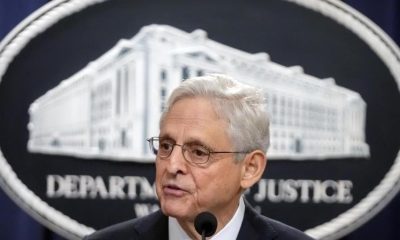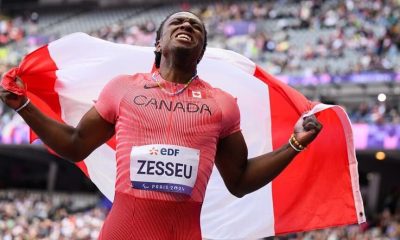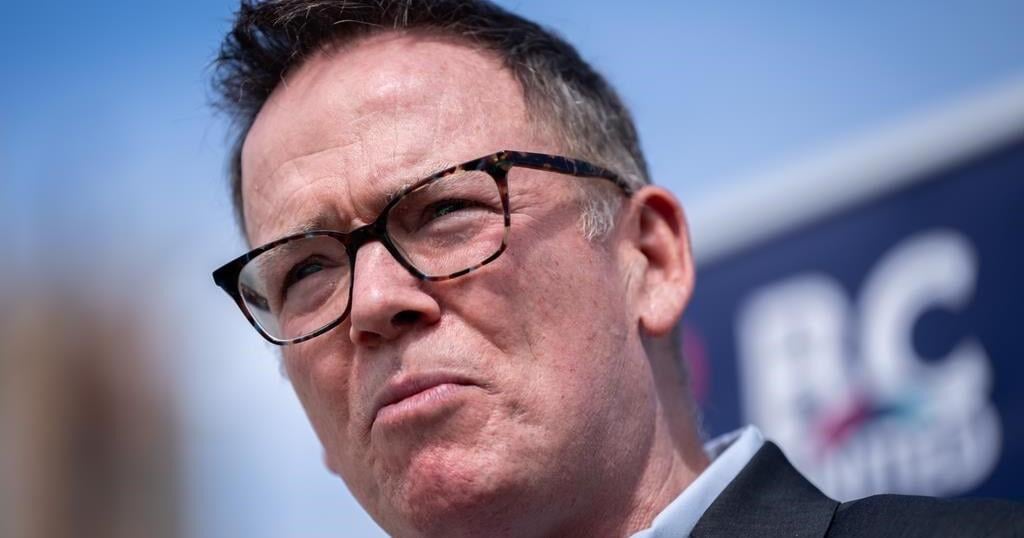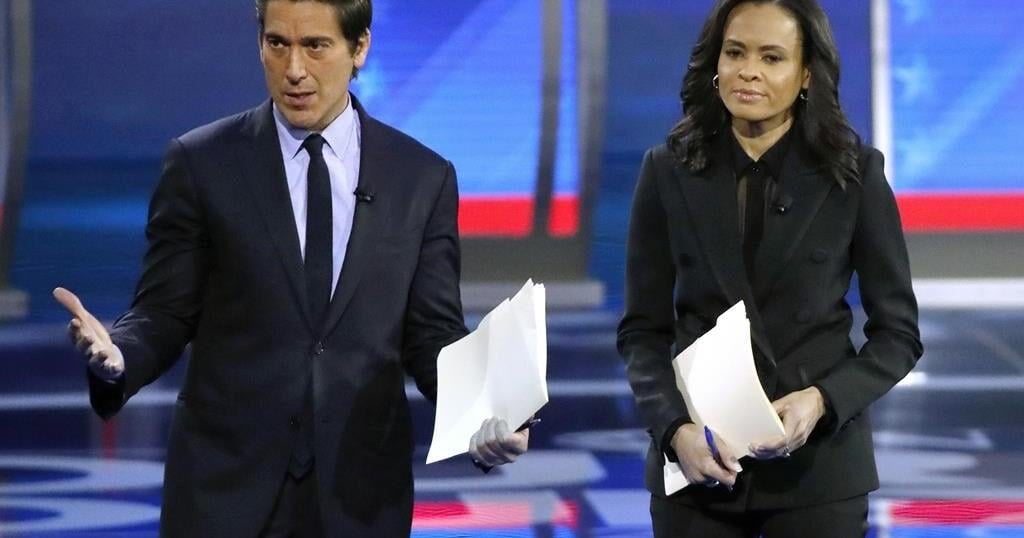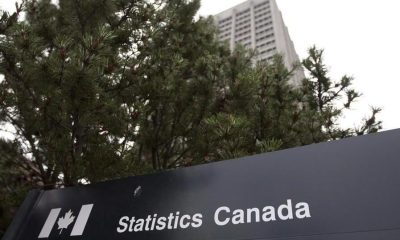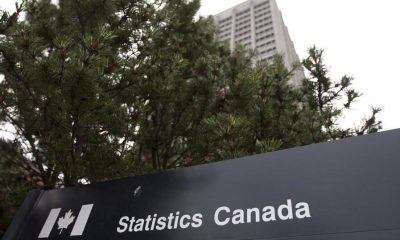NEW YORK (AP) — Hours after ABC News released the rules for next Tuesday’s presidential debate, resolving a final dispute in Donald Trump’s favor, the former president was on the attack — against ABC News.
“I think a lot of people will be watching to see how nasty they are, how unfair they are,” he said Wednesday on a Fox News town hall.
It was an unsubtle reminder that Trump and Kamala Harris aren’t the only ones with a lot at stake next week. The same is true for ABC News and moderators David Muir and Linsey Davis, in what is the only scheduled debate between the presidential contenders this fall.
Multiple outlets will televise and stream it. But unlike in past years, when presidential debates were organized by a bipartisan commission, this is solely an ABC News production. It won’t include a live audience.
“This is a huge opportunity for ABC News,” said Ben Sherwood, former ABC News president and now publisher & CEO of the Daily Beast. “It’s like getting to host, moderate and produce the Super Bowl of politics. It gives the network luster at a time broadcast television is in decline.”
That is, of course, if things go well.
ABC sees it as a ‘huge responsibility’
The ABC debate was set last spring, when President Joe Biden was the likely Democratic nominee. When he dropped out, it was unclear if the debate would go on. Harris and Trump eventually gave the go-ahead, although the Republican’s repeated criticism of ABC last month raised questions about it again.
It all had little effect on ABC’s planning, said Rick Klein, the network’s Washington bureau chief. “It truly wasn’t a lot of turmoil on our end of things,” he said.
Biden and Trump debated on June 27 — what seems a lifetime ago. That event was put on by CNN, although it is remembered more for Biden’s shaky performance that eventually led him to end his campaign than for anything done by the network or its moderators, Dana Bash and Jake Tapper.
“At the end of the day, this is about helping to create a forum for the candidates to communicate with the public,” Klein said. “It’s a huge responsibility. It’s a humbling responsibility.”
An estimated 51.3 million people watched Biden and Trump in June. But that was before many people were truly tuned into the election, and the potential rematch of the 2020 campaign was drawing little enthusiasm. Tuesday’s debate will almost certainly reach more people, whether or not it approaches the record debate audience of 84 million for the first face-off between Hillary Clinton and Trump in 2016.
Muir’s “World News Tonight” has led the evening news ratings for eight years, making him effectively America’s most popular newscaster. Many nights “World News Tonight” has a bigger audience than anything on prime-time television.
One secret to his success has been ABC’s efforts to craft an apolitical image for him. Tuesday’s audience will be his biggest ever — including people largely unfamiliar with Muir because they seek news elsewhere — and it’s for a political event in polarized times.
Davis has a lower profile, though she hosts ABC’s nightly streaming newscast, fills in for Muir and has moderated presidential nominating debates in the past. Many will be seeing her in action Tuesday for the first time.
Although more complicated in the Trump years, the role of debate moderator is often akin to baseball umpires — it indicates they’ve done a good job when you don’t really notice them. If Muir or Davis figure prominently in Wednesday morning’s stories, that’s probably not a good sign.
“It’s absolutely a minefield,” said Tom Bettag, former ABC News “Nightline” producer. “Ask Chris Wallace.”
Wallace was well respected, considered even-handed and, in 2020 when he moderated the first Biden-Trump debate, was working at Fox News “so the Trump people couldn’t accuse him of being a liberal hack,” Bettag said. “And it still blew up pretty badly. ” Trump’s frequent interruptions exasperated Biden and led to criticism that Wallace lost control of the evening.
The moderators will be ‘there to facilitate’
There’s less of a chance of that happening this year because debate rules call for a candidate’s microphone to be muted when their opponent is speaking, something Trump’s campaign sought because interruptions turn many voters off.
An open mic led to one of Harris’ most-remembered exchanges in her 2020 debate with Vice President Mike Pence. “Mr. Vice President, I am speaking,” she said when Pence interrupted one of her answers, a moment many women could relate to in business situations with men.
While Bash and Tapper occasionally tried to steer Trump or Biden back to the questions when the politicians ducked in CNN’s June debate, they would not correct any lies or misstatements, many of which were pointed out in post-debate analysis. While Klein would not commit to the same policy, he did say that “it’s a debate between them and we’re there to facilitate the conversation.”
Even before his Fox News appearance this week, Trump had repeatedly criticized ABC News, even though he agreed twice to participate in a debate on the network.
He has targeted network political journalists George Stephanopoulos and Jonathan Karl specifically. The former president last spring filed a defamation lawsuit against Stephanopoulos over comments the journalist made about Trump being held liable for sexually abusing advice columnist E. Jean Carroll. ABC has said Stephanopoulos is not involved in debate preparation.
Trump has also spoken about the reported friendship between Harris and Dana Walden, a top executive at ABC’s parent Walt Disney Co., whose oversight has recently expanded to include ABC News. ABC has said Walden is not involved in any news coverage decisions.
To a certain extent, Trump’s comments can be seen as “working the refs,” or appealing to supporters who don’t like the press. A nightmare scenario for ABC is Trump lashing out on Tuesday if he feels things aren’t going well for him.
“From our perspective, we just have to do our job and do it as well as we can,” Klein said.
He wouldn’t give any details about how ABC’s preparations are going, such as what figures have been assigned to portray Harris or Trump in mock debates.
Bettag, a University of Maryland journalism professor who is teaching a course this fall on covering the presidential campaign, has been involved in these preps before. He advises Muir and Davis to take some deep breaths.
“The most important thing is to stay cool, which is hard to do since they’re likely to get yelled at,” he said. “It’s really important to try to keep their voices down and stay steady.”
___
David Bauder writes about media for the AP. Follow him at






